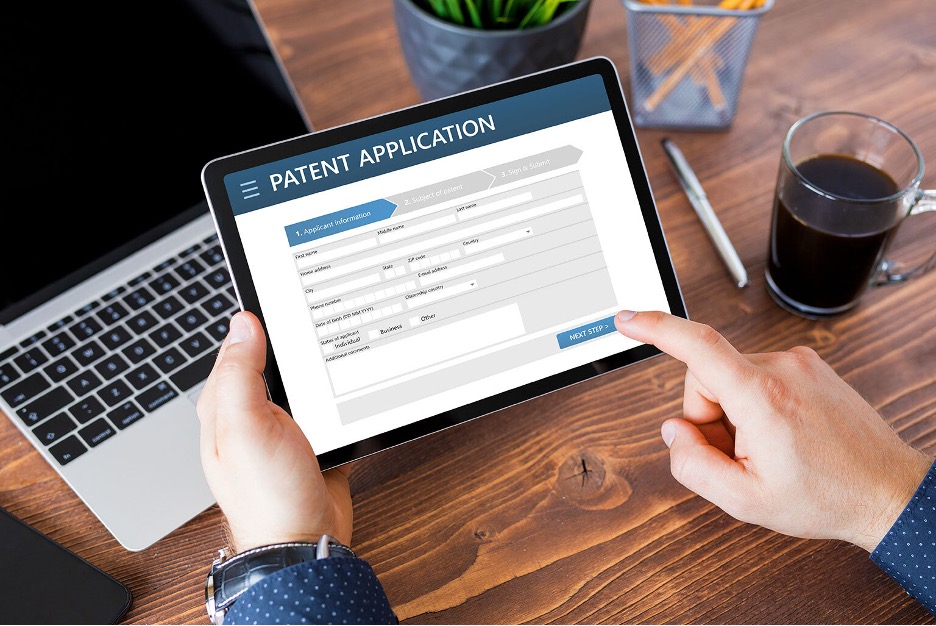Drafting patents with ChatGPT? Think twice. Publicly shared AI conversations are now being indexed by Google, instantly becoming prior art that can block your patent—and exposing proprietary R‑&‑D to the world.
Need help from an actual human professional? Book a free consultation with an experienced patent lawyer from Schell IP.
How Private AI Chats Became Google Search Results
- Shared ChatGPT links are not private. OpenAI’s “Share” feature creates a public URL (chatgpt.com/share/…) that anyone can open if they find the link.
- Google is indexing those links. Security researchers found 70 000 + conversations—many containing internal or sensitive data—already visible in Google search results.
- A simple Google‑dork query (site:chatgpt.com/share) lets competitors or patent examiners trawl through the entire cache in seconds.
- OpenAI’s own FAQ warns that “anyone with the link can view the shared content,” and that indexing can be enabled by the user—often inadvertently.
Why “Publicly Viewable” = Prior Art
Under U.S. law (35 U.S.C. § 102(a)(1)), “printed publications” or “otherwise available to the public” before your filing date count as prior art—even if you never meant to publish them.
If your inventive concept appears in a publicly indexable chat, the USPTO can reject your application for lack of novelty or obviousness.
Outside the U.S. the stakes are higher. Europe applies absolute novelty: any disclosure anywhere in the world, before your filing date, destroys novelty with no grace period. Article 54 (2) EPC expressly says “everything made available to the public … in any way” is prior art.
Take‑home
One stray AI share link can wipe out global patent rights—permanently.
Table of Risks Using AI to Build Patent Applications: The Domino Effect on Patent Prosecution
| Risk | United States (AIA) | Europe & Most of World |
| Novelty | One year grace period only if the inventor made the disclosure. Any third ‘party repost kills novelty immediately. | Absolute novelty no grace period. |
| Obviousness | Examiner may combine your chat with other references to reach 103 rejection. | Similar problem solution analysis under EPO can cite your chat as closest prior art. |
| Enablement Test | If the conversation explains how to implement the idea, it likely enables the invention, satisfying prior art thresholds in both jurisdictions. | Same. |
| Trade Secret Loss | Public disclosure terminates trade‑secret protection instantly. | Same. |
Confidential Information Leakage
Even if your chat never becomes prior art, public links can expose:
- Bill of materials and cost breakdowns
- Pre‑launch product specs
- Algorithmic “secret sauce”
- Negotiation or licensing strategy
Once searchable, that data is commercially unprotectable.
Six Best Practices to Stay Safe
- Draft offline. Use an air‑gapped word processor or a local LLM instance.
- If you must use a cloud LLM, disable link sharing and refuse any prompt asking to “Share conversation.”
- Scrub metadata: remove company names, inventor identities and enabling details before requesting generic writing help.
- File first, ask AI later. Prepare and file provisional applications before you refine text with an LLM.
- Use privileged channels. Enterprise LLM tiers that guarantee no data retention and no third‑party access reduce exposure.
- Educate your team. Treat “Share” links like publishing to X (Twitter): once out, it’s forever.
Action Checklist for Inventors & Counsel
- Run a Google dork (site:chatgpt.com/share “Your Project Name”) quarterly to detect leaks.
- Set NDAs + policies banning public AI sharing for anything patent‑eligible.
- Document every disclosure so you can invoke the AIA’s one‑year grace period if disaster strikes—but remember this won’t save you in Europe or Asia.
- Consult patent counsel early: a 30‑minute review is cheaper than losing a 20‑year monopoly.
Conclusion
Large language models are transformational drafting tools—but they’re also automatic publishing machines. The moment your inventive concept appears in a publicly indexed chat, it graduates from brilliant idea to weaponized prior art. Treat every AI prompt the same way you treat a press release: if you’re not ready for the world (and every patent office) to read it, don’t hit “Share.”
- Need a patent‑safe AI workflow? Book a patent strategy session with the Schell IP team.


